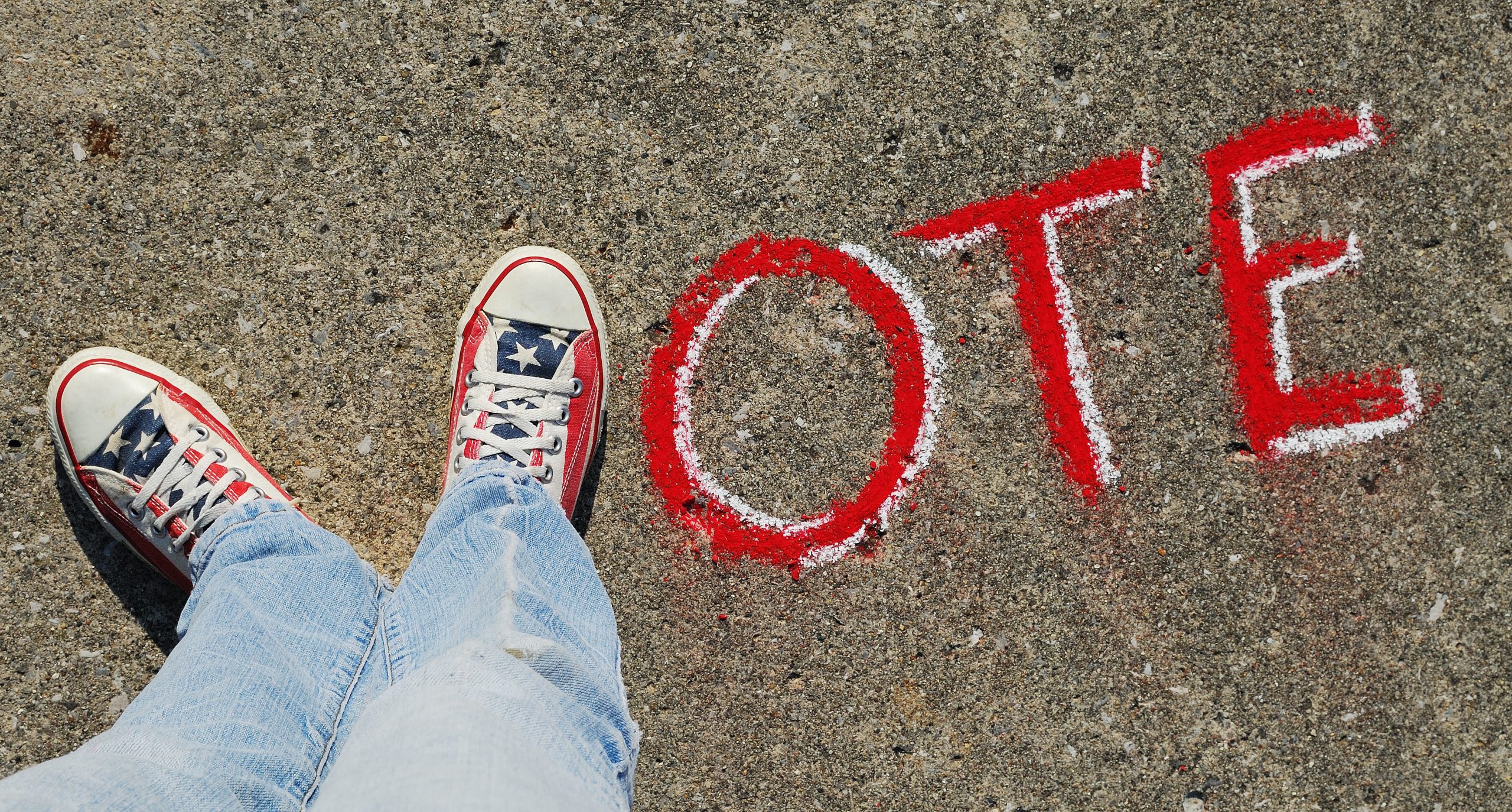
General Conference
Ensuring Access at the Voting Booth
United Women in Faith calls on the church to support voting rights
by Tara Barnes
In 2020, the United States celebrated the centennial anniversary of the 19th Amendment granting women the right to vote. The anniversary is noted in United Women in Faith’s petition to General Conference titled “Voting Rights Protections in the United States,” submitted in 2019.
Our proposed resolution honors the women’s suffrage movement while also lamenting that women of color in many cases did not reap benefits from passage of the amendment.
In 1920, Native Americans were not yet considered U.S. citizens, nor was anyone who fell under the Chinese Exclusion Act or was banned from citizenship under the early naturalization laws. The 15th Amendment in 1870 granted Black men access to the vote, but their ability to exercise that right was hindered by state laws enacted to disenfranchise all but white, wealthy men. These laws similarly affected women of color after the 19th Amendment as well.
The 1965 Voting Rights Act made illegal many voter suppression tactics and opened polls to Americans once denied their full rights. The Voting Rights Act was subsequently gutted in 2013.
Women of color still face disproportionate barriers to voting today.
The history of voting rights in the United States has been fraught with practices of violence, intimidation, and systemic disenfranchisement of people of color. Today, voter identification laws, lack of early voting or mail ballot options, deceptive election practices, limited and understaffed polling sites, racial bias in ballot review, gerrymandering, mass incarceration of people of color and felony disenfranchisement, improper voter purges, and more all work to suppress access to voting, especially in communities of color.
Even the suffrage movement itself was marred by racism. What arguably began as an intersectional coalition working for voting rights, abolition, and temperance became a movement centered on white women and white supremacy.
Prominent white leaders like Elizabeth Cady Stanton and Susan B. Anthony spoke out against the 15th Amendment and extolled white supremacy while doing so. Methodist Ida B. Wells famously called out fellow Methodist Frances Willard for her unwillingness support the anti-lynching movement and for perpetuating racist stereotypes.
United Women in Faith’s petition, found on page 906 of the Advanced Daily Christian Advocate, encourages United Methodists to support efforts to end felony disenfranchisement, report voter suppression, and call on the U.S. Department of Justice to ensure protection of the right to vote and on their government representatives to repair, restore, and strengthen the Voting Rights Act.
The United Methodist Church has a chance to stand on the side of justice by making “Voting Rights Protection in the United States” an official statement of the church.
Tara Barnes is director of denominational relations for United Women in Faith

United Women in Faith is deeply committed to the ongoing work of racial justice. We strive to be in right relationship with one another, and we work together for the transformation of church and world, following the teaching and example of Jesus Christ. Learn more about our antiracism work, and join us as we work to interrupt the school-to-prison pipeline.
Don’t forget to sign up for our General Conference newsletter, published monthly in the leadup to the 2024 General Conference and more frequently once the meeting is underway.
Cover photo by Theresa Thompson/Flickr.

